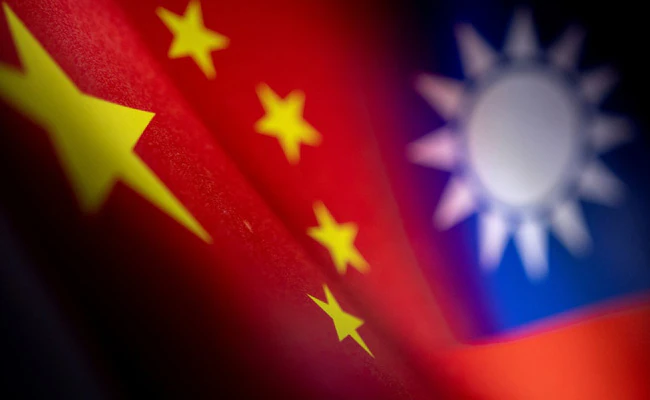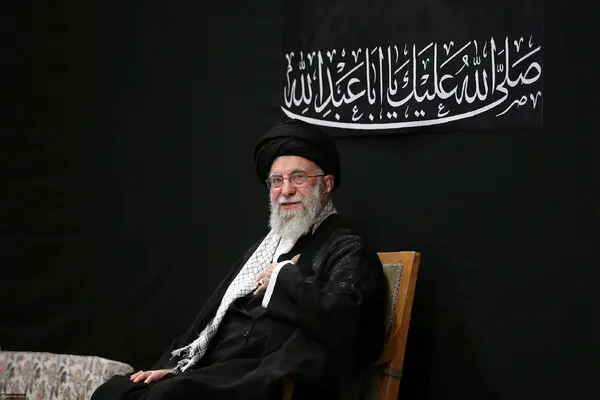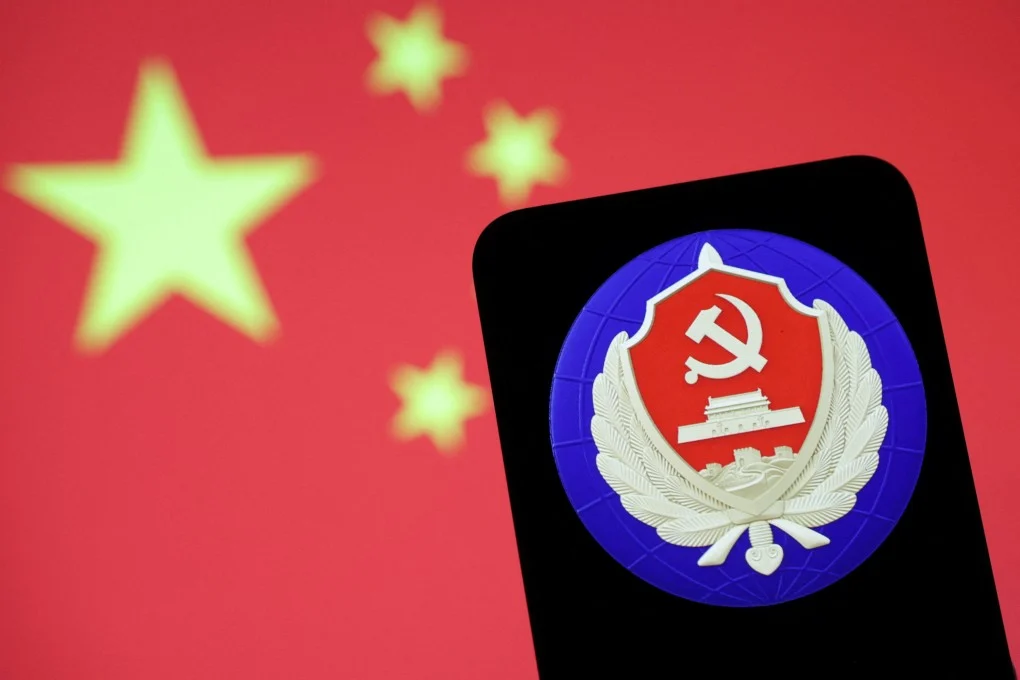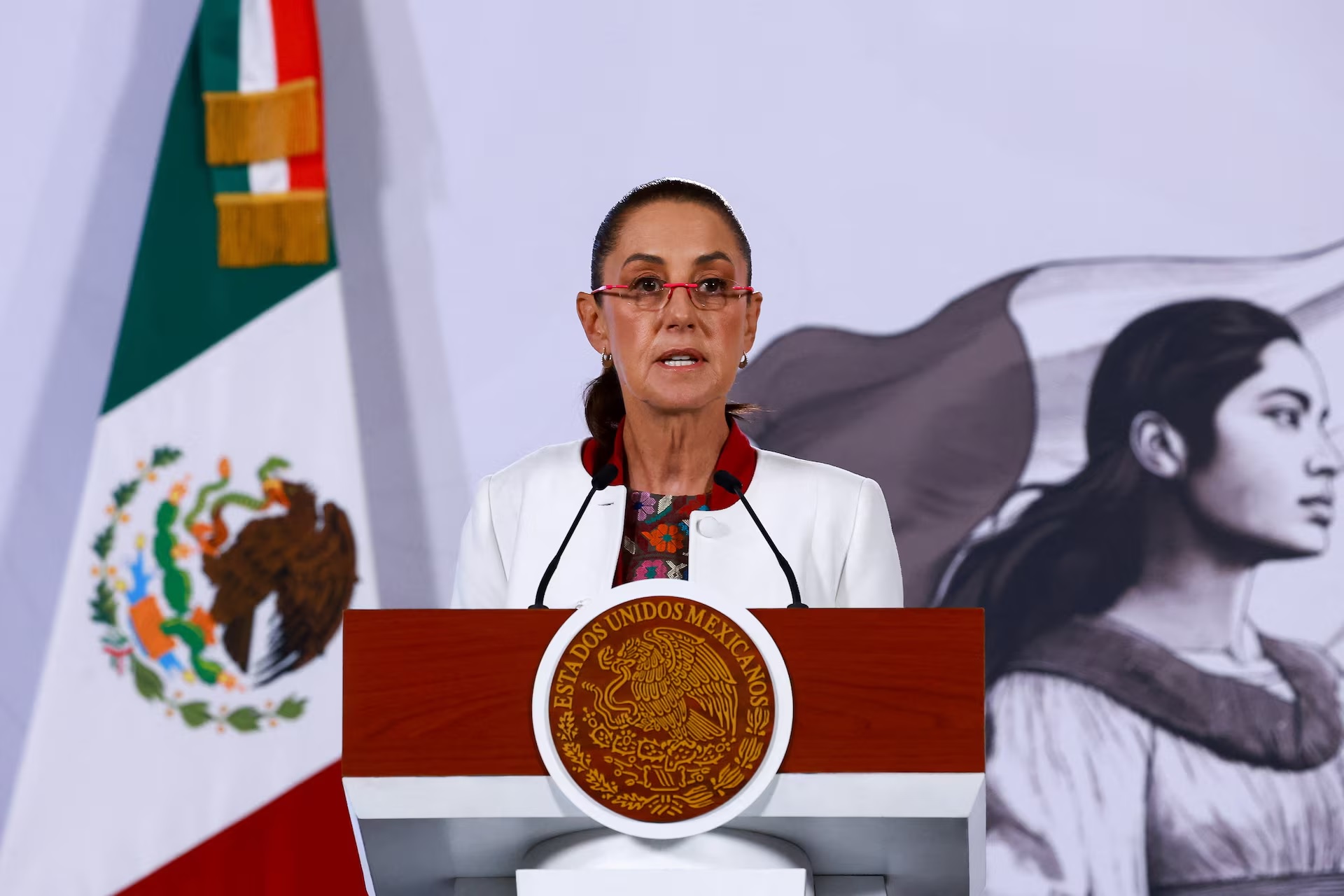Japan and China Trade Blunt Warnings Over Taiwan

Rhetoric escalates after Japan PM’s comments on Taiwan
China has issued one of its sharpest warnings in years to Japan, declaring that Tokyo would face a “crushing defeat” if it tried to intervene militarily in any conflict over Taiwan. The statement from China’s defence ministry followed remarks by Japanese Prime Minister Sanae Takaichi, who said a Chinese attack on Taiwan could pose a “survival-threatening situation” for Japan and potentially trigger a military response. Beijing’s reaction highlights how quickly the temperature is rising in Northeast Asia’s most sensitive flashpoint. For Tokyo, the comments underline its growing fear that any conflict in the Taiwan Strait would directly endanger Japanese territory and sea lanes.
China’s foreign and defence ministries have accused Japan of reviving “wartime militarism” and abandoning the pacifist spirit of its post–World War II constitution. State media editorials have attacked Takaichi by name, accusing her government of stoking a “China threat” narrative to justify higher defence spending and closer security ties with the United States. Japanese officials have pushed back, reiterating that Tokyo wants a peaceful resolution of the Taiwan issue but must prepare for scenarios that could disrupt trade routes and threaten its islands in the southwest. The exchange has added strain to a relationship already burdened by historical grievances and territorial disputes in the East China Sea.
Wartime history shadows modern security debates
Chinese commentators frequently link Japan’s Taiwan stance to unresolved anger over Tokyo’s wartime aggression, including the Nanjing Massacre and visits by Japanese politicians to the Yasukuni Shrine. Opinion pieces in the Communist Party’s People’s Daily argue that Japan’s right wing is using the Taiwan issue to shake off constitutional limits and become a “normal” military power. That message resonates with domestic audiences and allows Beijing to present itself as defending historical justice as well as territorial claims.

For Japan, the calculus is more immediate and practical. Taiwan lies just over 100 kilometres from Japanese territory, and the surrounding waters carry vital energy imports and container traffic. Japanese defence planners have warned that any blockade or conflict around Taiwan would have direct consequences for Japan’s economy and security. The country already hosts the largest deployment of U.S. forces overseas, and Washington sees Japanese bases as essential to any response in the Western Pacific. Tokyo’s recent decision not to rule out acquiring nuclear-powered submarines has further alarmed Beijing, which sees it as another sign of a more assertive Japanese posture.
The Taiwan question also intersects with domestic politics in both countries. In Japan, Takaichi’s tough language plays to conservative voters who favour a stronger military and closer alignment with the U.S. In China, leaders portray any hint of foreign support for Taiwan as a direct challenge to national sovereignty, leaving little room for compromise in public rhetoric. This dynamic raises the risk that miscalculation or nationalist pressure could push both sides into a cycle of action and reaction around Taiwan.
Regional governments, including South Korea and members of ASEAN, are watching closely, wary of being drawn into a crisis that could disrupt trade and test alliance commitments. For now, Japanese officials say they still hope for stable relations with China and a peaceful framework for the Taiwan Strait. But with Beijing warning that “the dirty neck that sticks itself in must be cut off,” the diplomatic language around one of Asia’s most dangerous flashpoints has taken a sharper, more personal turn that will be hard to quickly unwind.






















